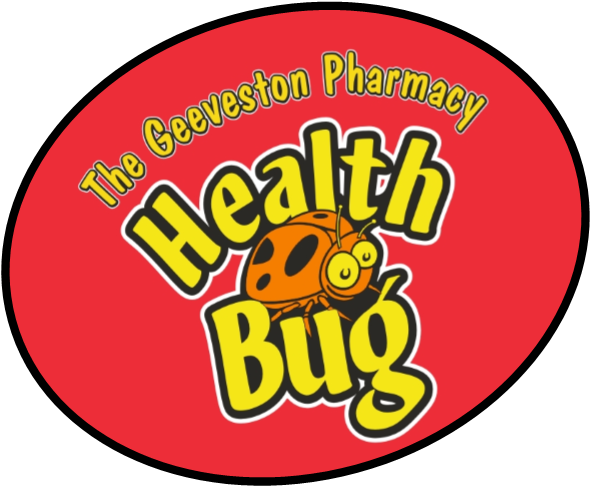High blood pressure?
 The findings of a large study into the effects on when to take high blood pressure medications (antihypertensives) suggest that taking these medications at bedtime maybe the best time.
The findings of a large study into the effects on when to take high blood pressure medications (antihypertensives) suggest that taking these medications at bedtime maybe the best time.
High blood pressure is a very common condition that is often treated with antihypertensive medications prescribed by your doctor.
These medications lower your blood pressure with the aim of reducing the risk of heart attacks, strokes and other cardiovascular conditions that can cause permanent injury or death.
Many of the newer blood pressure medications are taken once a day, so the question patients often ask is, “When is the best time to take these blood pressure medications?”
A recent published trial suggests that changing the time of taking antihypertensive medications to bedtime may further prevent the risk of death and injury from cardiovascular disease.
The researchers analysed data from one of the largest and longest running clinical trials that examined the effects on when to take antihypertensive medications; either first thing in the morning or last thing at night.
The researchers found that compared to taking antihypertensives in the morning, taking these medications at night reduced death from a heart attack or other blood vessel conditions by 66 per cent, reduced the risk of a stroke by 49 per cent and reduced the risk of a heart attack by 44 per cent.
This same trial has also found that one of the most important markers of a person’s cardiovascular risk is their average systolic blood pressure during sleep.
Taking antihypertensives at night, thus having more of an effect on blood pressure at night may reduce the risk of these cardiovascular events.
Overall, this is only one trial, conducted in Spain in a Caucasian population.
Whether this information can translate into other ethnic groups and change prescribing guidelines for antihypertensive medications across the world, has yet to be proven.
Though this trial does give a good indication that taking antihypertensive medications at bedtime may reduce the risk of death and disease from cardiovascular events, more research will have to be done to confirm these results across other ethnic groups.
In the meantime, the best advice is to talk to your doctor or pharmacist about what this new information on antihypertensive medications means for you.


